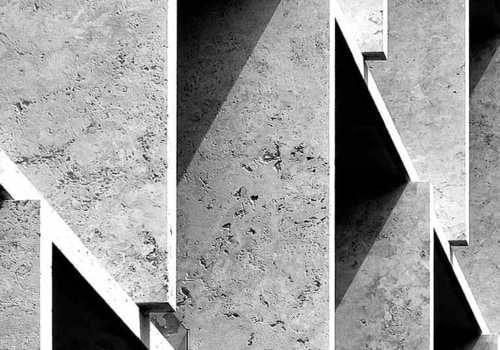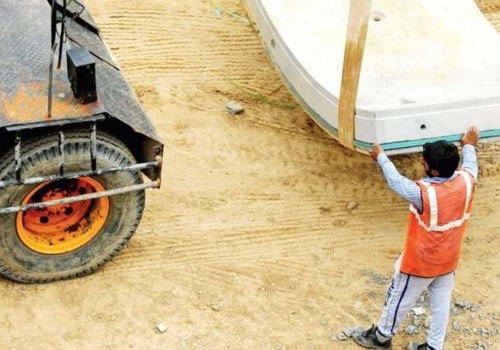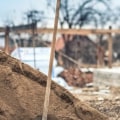When it comes to building a house, many people assume that wood is the cheaper option. However, recent studies have shown that concrete construction is actually less expensive than wood in the long run. Although wood is initially cheaper, it ages faster and has higher maintenance and repair costs. In comparison, concrete has a service life of two to three times longer than that of most other building materials.
Solid, durable and expensive is concrete and brick. Concrete houses are much more labor-intensive than wooden houses, making them less profitable and slowing down the construction process. Timber frame buildings may be cheaper for developers and potential buyers, but long-term costs are more expensive. Timber frame buildings can experience much faster depreciation in the structural aspects of the building.
Heavy rains in Vancouver can cause water to penetrate the roof or cladding, leading to moisture damage in the wooden structure. This can cause structural problems in the future. Cement, a major component of concrete, is one of the world's largest contributors to greenhouse gas emissions. However, there are many cost advantages for concrete houses, despite the fact that the price of construction is higher.
New studies show that concrete construction is less expensive than wood. This year, two key studies have been published that point to concrete as a very competitive alternative to wood-framed construction methods in terms of construction costs and insurance. During construction, the internal relative humidity (RH) of concrete plays an important role in the progression of work. Concrete is also an effective heat absorber, which means that concrete houses tend to get quite cold in winter and can get very hot in summer.
The issues of fire safety and resistance alone should be enough to convince builders and architects to switch to concrete methods. Concrete affects the bottom line in other ways, reducing heating and cooling costs and even insurance premiums. In conclusion, although wood may be initially cheaper for building a house, concrete is actually more cost-effective in the long run due to its durability and fire safety benefits. It also reduces heating and cooling costs and insurance premiums.








